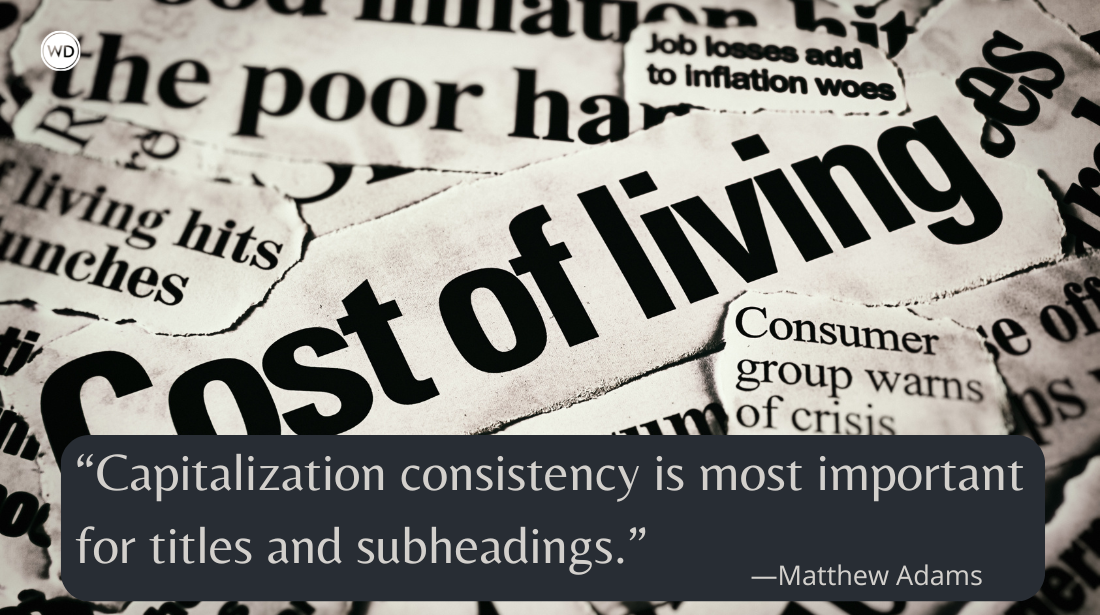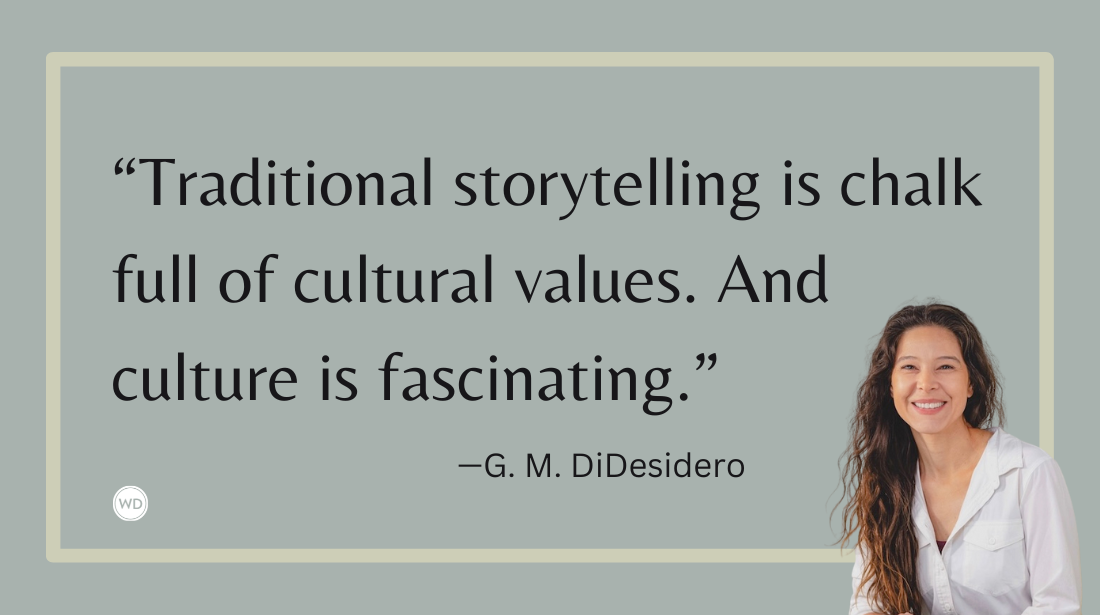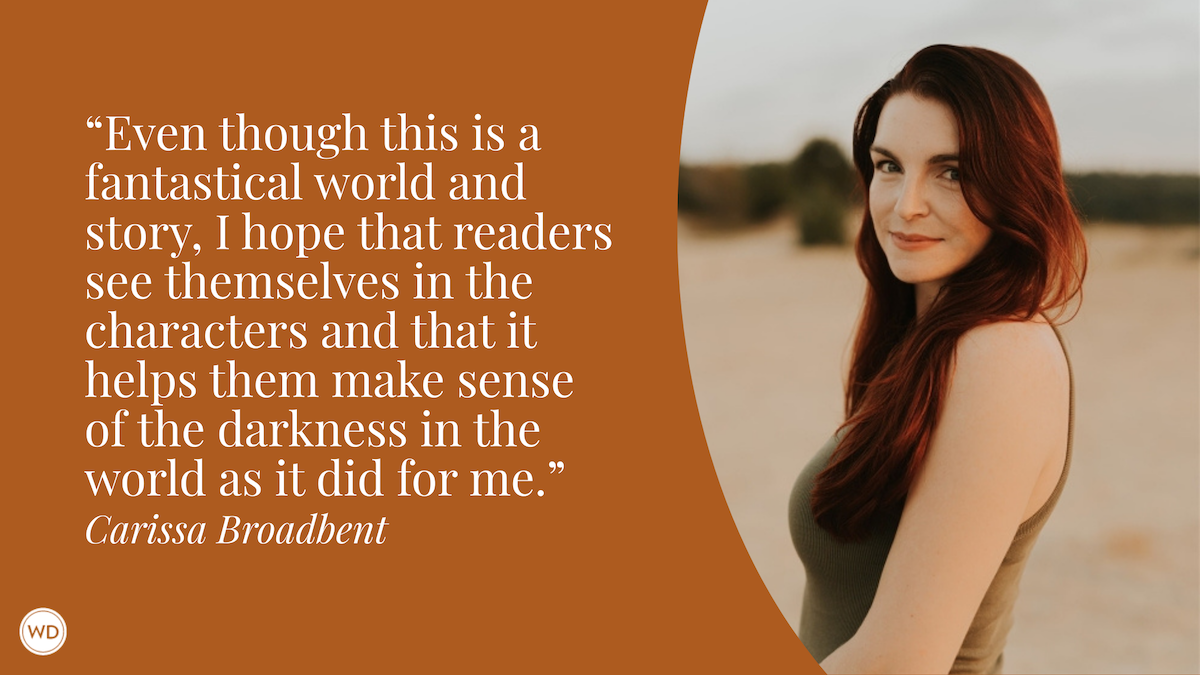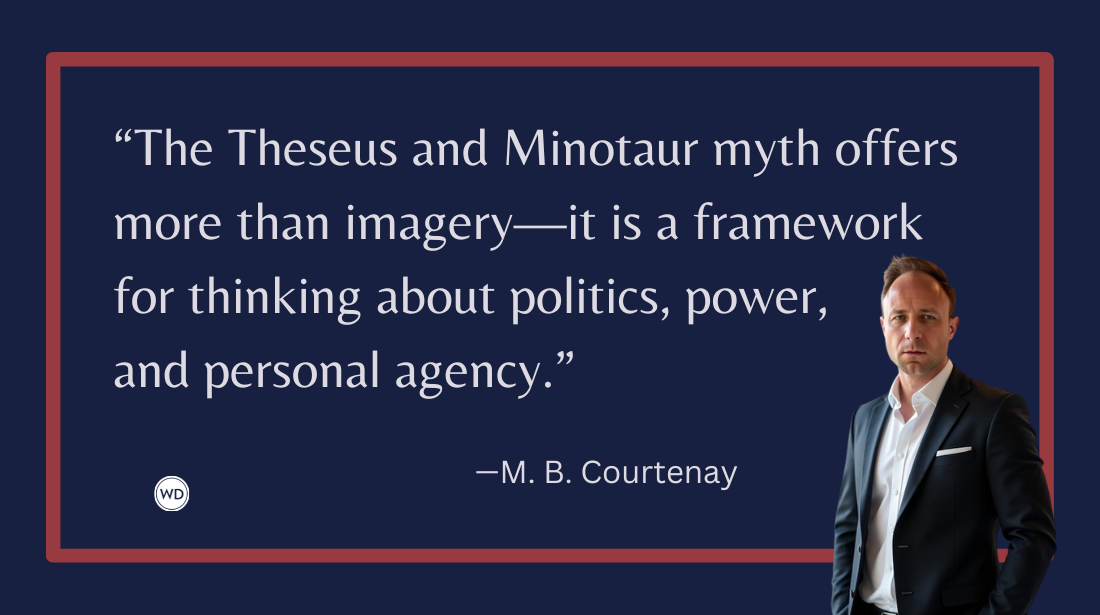Turn the Tables on Popular Tropes in Fiction
Author, playwright, and screenwriter Liz Kerin shares how writers can turn the tables on popular tropes in fiction, including examples from other storytellers.
We all know this vampire story: A mysterious stranger (typically wealthy, white, and male) seduces a doe-eyed ingenue. She becomes his willing victim. Things get steamy. Dangerous. She pays for her sexual liberation with her life. He lives to drink another day. Fin.
Most vampire tales are allegories about sex or being marginalized in society. The protagonist is often the vampire or one of their soon-to-be exsanguinated victims. My book, Night’s Edge, changes the protagonist’s relationship with this supernatural entity.
Mia is a 10-year-old girl whose mother contracts a vampiric disease. She is her accomplice. She has no choice in the matter, because she is a child, and a child needs a parent. In turn, Mia’s mother needs HER in order to stay hidden and satiated. She feeds from her daughter’s own veins each night.
Order Liz Kerin's Night's Edge today.
By changing the relationship our main character has with the vampire in question, I was able to look at this popular trope in a whole new light. Themes about codependency and enmeshed families emerged, something typically reserved for literary fiction and memoir as opposed to vampire lore. But that was the story I wanted to tell. Vampires just so happened to be the vessel.
Flipping the script on relationships can help us, as writers, find a refreshing angle on old tropes. Take the classic haunted house story. Most of the time, our characters abhor it. They want to escape. But what happens if this wicked place was your childhood home, filled with nostalgia and old longings, like in The Haunting of Hill House?
What if returning was the only way you could make sense of the evil that had come to invade your inner world, like the incredible and subversive Tell Me I’m Worthless? What if this house is your salvation and you need it as badly as it needs you? Changing the character’s relationship to the supernatural provides an entirely new way “in.”
Alien invasions are another ubiquitous trope that springs to mind. Films like ET and District 9 offered audiences a distinct and refreshing point of view because they changed the relationship the protagonist had with this otherworldly invader. The alien was a friend who helped a child recapture his lost innocence. A refugee who forced a small-minded man to confront his prejudice (and provided a wealth of commentary on South African apartheid).
Simply put: There’s no reason to avoid writing about the lore you know and love. To keep things interesting, ask yourself about your own unique relationships. What questions are you probing? What needs unpacking? Then, see how those relationships look when you superimpose them upon popular tropes.
Is it an exact science? No way. There are still plenty of tales that use classic archetypes in beautiful, timeless ways. But if you’re looking to turn the tables and make it personal in the process, ask yourself what (or who) is haunting you.









